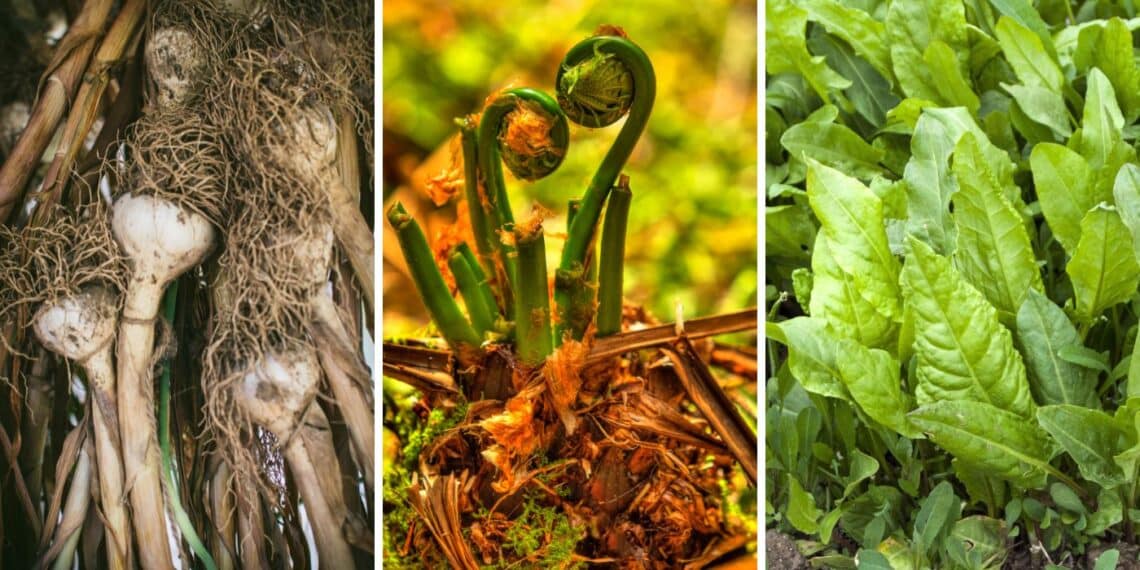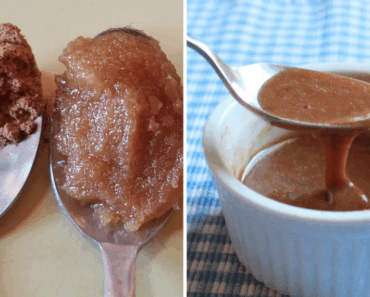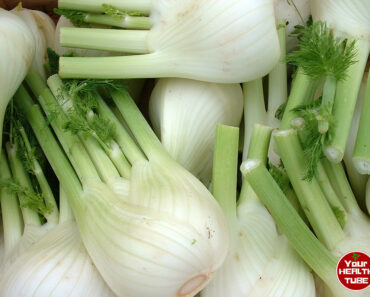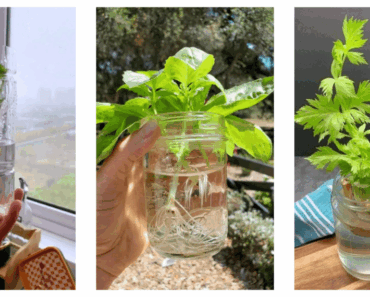As autumn rolls in, it’s time to start thinking about planting perennial vegetables – those garden heroes that keep on giving year after year.
Unlike annuals that need to be replanted every season, perennial vegetables save you time and effort while rewarding you with continuous harvests.
Planting them in the fall allows them to establish strong roots before winter, giving you an early head start for the growing season.
In this guide, we’ll cover 10 perennial veggies you can plant this season to enjoy fresh produce without the hassle of annual replanting.
1. Asparagus
Asparagus is one of the most popular perennial vegetables and can keep producing for up to 20 years if planted correctly. Autumn is the perfect time to plant asparagus crowns, giving them time to settle in before winter dormancy.
- Planting Tip: Choose a sunny spot with well-drained soil. It may take 2-3 years to get a full harvest, but it’s worth the wait!
2. Rhubarb
Rhubarb is often used in pies and desserts, but it’s also a hardy perennial vegetable. Plant rhubarb crowns in autumn to let them establish roots over winter.
- Planting Tip: Rhubarb thrives in cooler climates. Avoid harvesting the first year to allow the plant to grow stronger.
3. Garlic (Technically Perennial)
Though typically treated as an annual, hardneck garlic can behave like a perennial if left in the ground. Planting garlic cloves in fall ensures a robust crop by next summer.
- Planting Tip: Plant cloves about 2 inches deep and mulch heavily for winter protection.
4. Horseradish
Horseradish is a pungent root vegetable that keeps growing back year after year. Plant it in autumn to let it take root before frost.
- Planting Tip: Horseradish spreads quickly, so plant it in containers or designate a specific area to prevent it from taking over your garden.
5. Walking Onions (Egyptian Onions)
Walking onions are a unique, low-maintenance onion variety that self-propagates by producing bulbils at the tops of their stalks, which “walk” to new spots as they fall.
- Planting Tip: Plant the bulbils in the fall, and by next spring, you’ll have fresh onions to harvest.
6. Artichokes
Artichokes are not only beautiful but also edible. In cooler regions, they grow as perennials with proper winter protection.
- Planting Tip: Mulch heavily in autumn to protect the roots from freezing temperatures.
7. Sorrel
Sorrel is a leafy green with a tangy, lemon-like flavor, perfect for salads and soups. It’s a perennial that thrives with minimal care and is one of the first greens to appear in spring.
- Planting Tip: Plant in partial shade to prevent bolting in summer.
8. Chives
Chives are a flavorful herb that behaves more like a perennial vegetable. They are perfect for adding a mild onion flavor to dishes and require very little maintenance.
- Planting Tip: Plant chives in clumps in the fall, and they’ll come back fuller each year.
9. Kale (Perennial Varieties)
While most kale varieties are annuals, certain perennial kales, such as ‘Daubenton Kale’ and ‘Tree Kale,’ keep growing year-round if protected from frost.
- Planting Tip: Mulch around the plants to protect them during cold months. Pick leaves regularly to encourage continuous growth.
10. Sunchokes (Jerusalem Artichokes)
Sunchokes, or Jerusalem artichokes, produce knobby tubers that taste similar to potatoes. Once planted, they will come back year after year with little care.
- Planting Tip: Be cautious—sunchokes can spread aggressively, so it’s best to plant them in containers or a designated area.
Why Plant Perennial Vegetables This Season?
Planting in autumn allows perennial vegetables to establish strong root systems before the ground freezes.
Once spring arrives, these plants will already be prepared to thrive and produce. Here are some benefits of adding perennials to your garden:
- Less Work: No need to replant every year.
- Early Harvests: Many perennials are among the first crops to produce in spring.
- Soil Health: Perennials help improve soil stability by reducing erosion.
- Sustainable Gardening: They reduce water usage and minimize the need for fertilizers.
Tips for Growing Perennial Vegetables Successfully
- Prepare the Soil: Loosen the soil and amend it with compost before planting.
- Mulch in Winter: Protect plants from extreme cold by applying a thick layer of mulch.
- Choose the Right Spot: Most perennials need full sun and well-draining soil.
- Divide and Replant: Every few years, divide perennials like rhubarb to prevent overcrowding and promote healthier growth.
Adding perennial vegetables to your garden this autumn is a smart way to enjoy continuous harvests with minimal effort.
From asparagus and chives to sunchokes and artichokes, these veggies will come back year after year, rewarding you with fresh produce each season.
By planting now, you’re setting yourself up for an abundant spring harvest and a garden that only gets better over time.
So grab your gardening tools and get planting—your future self will thank you!








